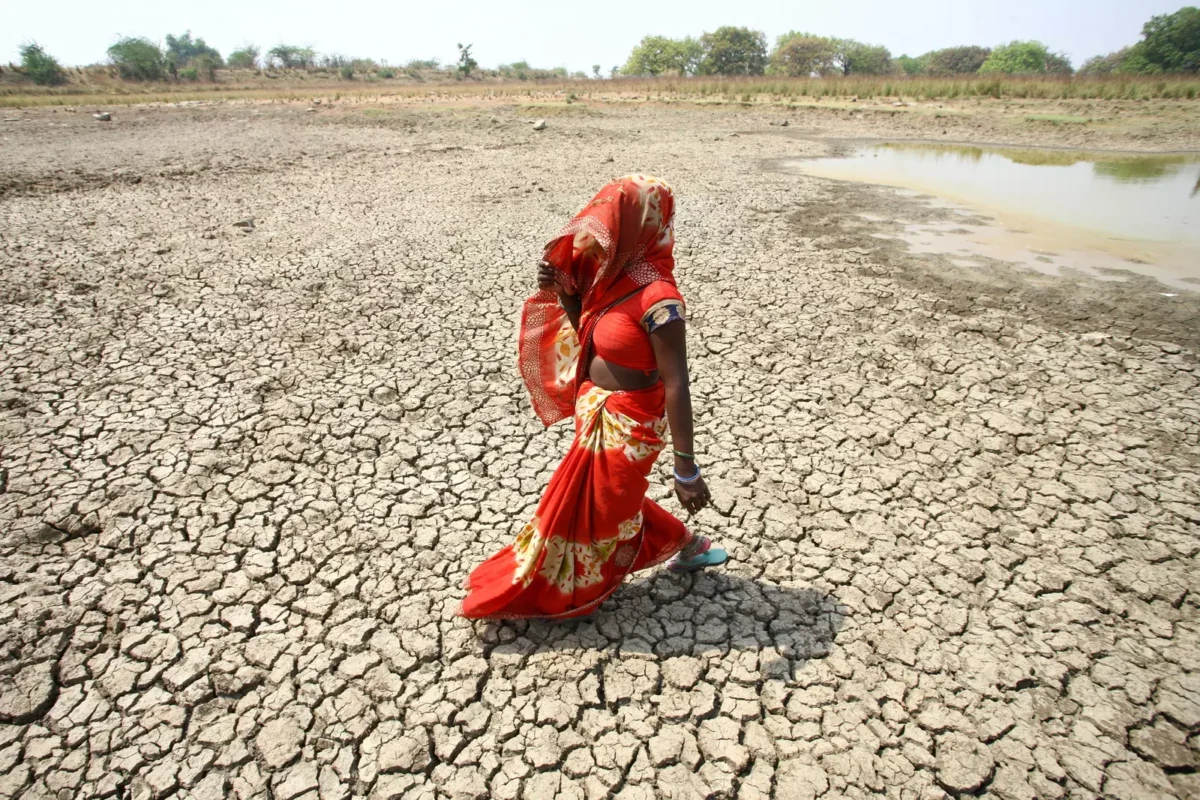HeatNexus Project Lead Featured on Deutsche Welle Podcast Discussing Extreme Heat in India

Recently, project lead Professor Purnamita Dasgupta joined Deutsche Welle’s Living Planet podcast for an episode titled “Heatstroke Economy: The Rising Cost of Extreme Heat.” She discussed the profound and growing toll of heat exposure on India’s economy and public health, and highlighted the importance of scalable, locally appropriate heat adaptation strategies.
As heatwaves intensify across South Asia, India stands at a critical juncture. Nearly 75% of its workforce—around 380 million people, are engaged in jobs with regular exposure to extreme heat. This includes sectors like construction and agriculture, which are massive employers. The economic and health consequences of extreme temperatures are vast, urgent, and under-researched. The advocacy group, Climate Transparency, calculated India’s income loss due to heat across manufacturing, agriculture services and construction to be over 5% of its GDP in 2021.
It is scary because we are a relatively fast growing economy and we have a reasonably large GDP in absolute numbers, so even what appears to be a 1% hit on the GDP or a loss of about 5% of work hours due to heat, can amount to large number of job losses.
Prof Purnamita Dasgupta, Understanding Heat Adaptation In India, Co-Principal Investigator
The “Economic and Health Impact Assessment of Heat Adaptation Actions: Case Studies from India” project, part of the HeatNexus Network, is working to change that. Led by the Institute of Economic Growth, the project evaluates both public and household-level adaptation strategies to understand what works, for whom, and at what cost.
🎧 Listen to the podcast: Heatstroke Economy: The Rising Cost of Extreme Heat